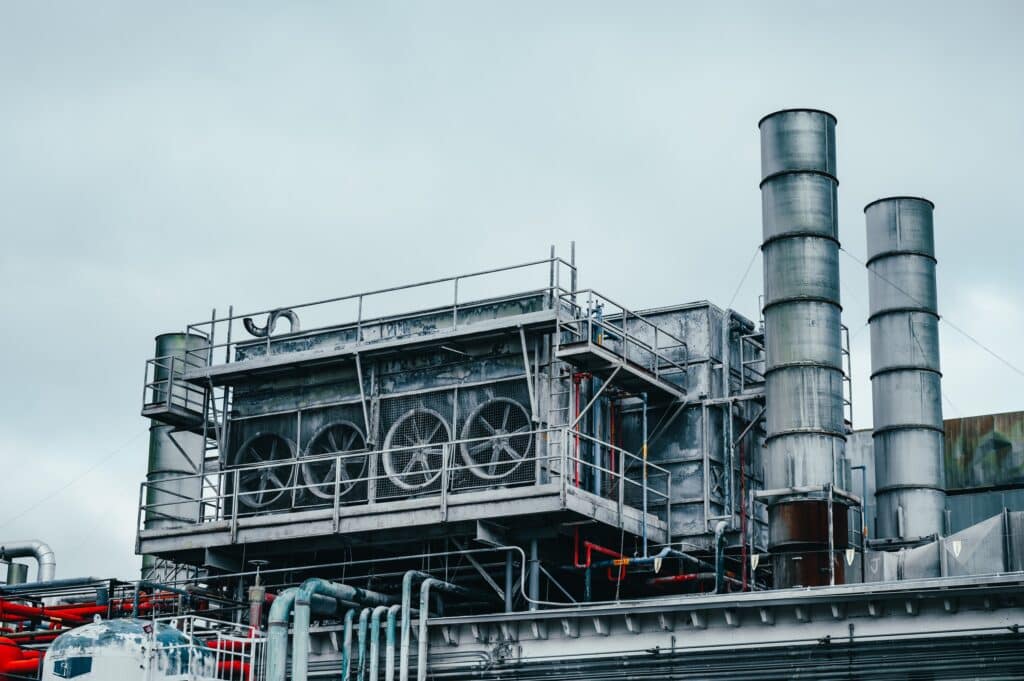In modern businesses, waste management has become a pivotal concern. However, waste comes in many forms, differing vastly across industries. It is, therefore, essential to understand the diverse strategies used within various sectors – healthcare, construction, manufacturing, and food and beverage – and to customize waste management practices appropriately. This blog post delves into this important topic.
A Sector-by-Sector Breakdown
Keeping Healthcare Clean
When we think of hospitals or healthcare facilities, we usually focus on their life-saving services. However, these institutions also create a substantial volume of waste. From infectious materials and pharmaceutical waste to sharp objects, this hazardous waste’s management with public health and environmental safety in view. To do this, healthcare facilities often implement waste management regimes that provide rigid guidelines concerning the handling, disposal, and overall management of different waste types.
The Construction Industry’s Conundrum
Bricks, concrete, wood, insulation, all the list of waste from the construction industry goes on. The sector grapples with various solid waste, including construction, demolition, and, occasionally, hazardous waste. Construction firms are responsible for managing such waste in manners that prioritize safety and environmental conservation. These companies often establish waste management plans detailing various waste types’ disposal protocols to ease this struggle.
Manufacturing Waste
Waste from the manufacturing industry is as varied as the products they produce. It ranges from simple solid and liquid waste to hazardous emissions, requiring distinct disposal methods. It is incumbent upon manufacturing enterprises to handle waste in a manner that is protective of their workers and the environment. Comprehensive waste management plans provide directions on dealing with different categories of waste.
Navigating Waste in the Food and Beverage Industry
The food and beverage industry significantly contributes to organic waste, from spoiled food to wastewater. If mishandled, this waste can invite pests and contribute to the spread of diseases. To prevent this, companies in this sector must structure their waste management efficiently, often following detailed plans outlining the handling and disposing various waste types.
Remember, these are only examples of how different industries manage waste. The strategies must align with the waste types generated and the associated regulations.
Universal Tips for Enhanced Waste Management
While factors differ across industries, a few principles for efficient waste management remain the same:
Prioritize Reduction: Reduce waste by minimizing material usage, promoting recycling, and encouraging composting.
Sort Your Waste: Classifying waste like recyclables, compostables, and hazardous materials helps streamline disposal and foster environmental stewardship.
Safe Storage: Store waste correctly to prevent pest infestation and minimize chances of environmental contamination.
Correct Disposal: Opt for eco-friendly and cost-effective waste disposal methods such as recycling, composting, landfills, or incinerators.
Disposing of Doubts and Wastes with MedPro Disposal
Waste management doesn’t have to be a chore or a challenge. With MedPro Disposal by your side, we can revolutionize how you manage waste. Our expertise allows us to customize waste management strategies to your particular needs. We’re committed to assisting you in waste reduction, providing guidance for waste segregation, stressing the importance of storage, and ensuring safe disposal.
Take the first step towards responsible waste management with MedPro Disposal, your partner in fostering an environmentally friendly operation. Rest assured that your waste management process is in expert hands with us. We can make a difference, one waste-reducing action at a time.



